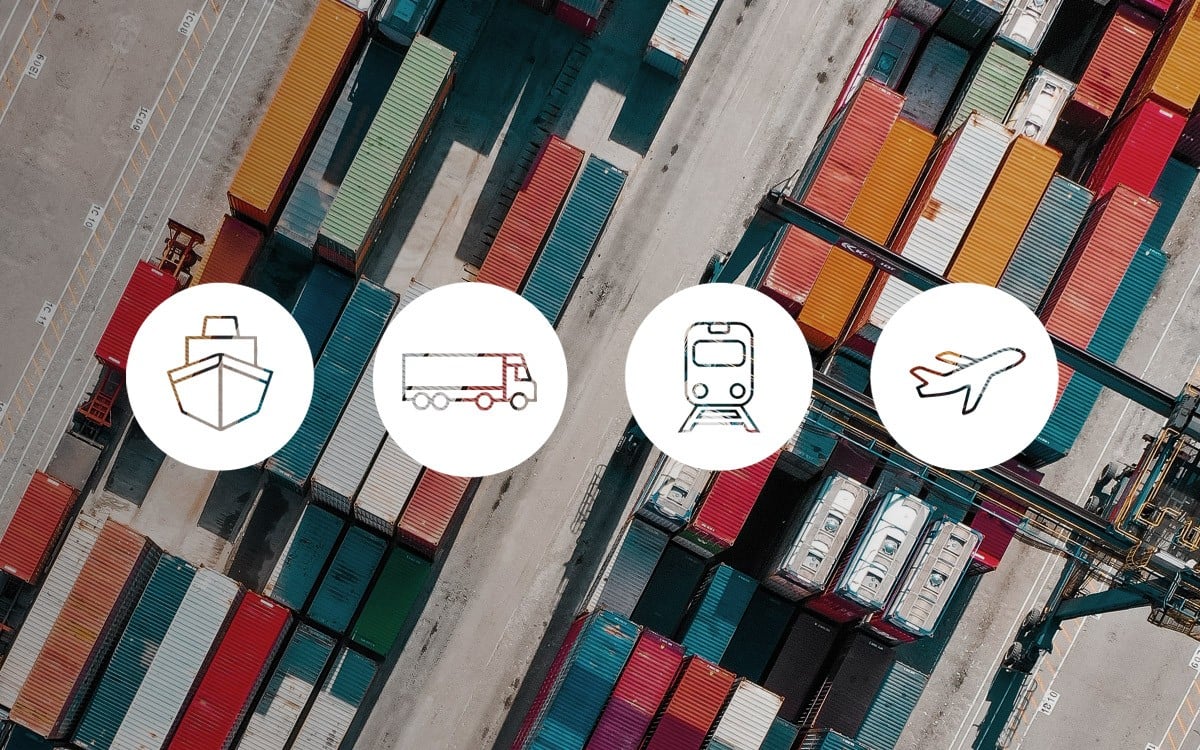Digital platforms have created fundamental and lasting change in the economy. They regularly attract attention and set records with turnover amounts which run into billions. Entire industries have been redefined by platforms. Whether it is Amazon and eBay for online retail or Airbnb and Booking.com for the tourism industry: digital marketplaces bring providers and customers from all over the world together quickly and easily so that everyone benefits.
The Germans believe in the benefits too: According to a Bitkom study, the majority of Germans (60 percent) believe that customers benefit from digital marketplaces and as many as three quarters of respondents consider there to be advantages for the providers. A good example is Booking.com, the world’s most successful travel price comparison portal: Founded in 2006 in the Netherlands, it is now the most widely used online platform for hotel bookings in Germany with a market share of almost two thirds. This type of development which revolutionises an entire industry is also becoming increasingly apparent in a field that still lags somewhat behind in terms of digitalisation: the logistics industry.
Shaping the future: how logistics marketplaces will help the industry
Investors have long since identified logistics as an industry that is ready to be digitalised. The industry is booming and new logistics marketplaces and start-ups have emerged in recent years, which have received millions in funding. It is no surprise that the level of potential is vast. In Europe alone, the turnover of the logistics industry amounts to EUR 1,050 billion (2017), with Germany contributing about a quarter of this.
There are already several logistics marketplaces which have been established recently. The concept of these start-ups is always different: Sharehouse is a digital marketplace for warehouse and logistics services which can be used to find storage space online. Carrypicker from Hamburg has specialised in optimising the loading capacity of lorries in order to avoid empty runs as much as possible. The Berlin-based start-up called Fliit, on the other hand, concentrates on transport journeys for food products, while Sennder offers its own software platform that connects retailers and freight forwarders.
No matter how different the start-ups are from each other, the driver of platform-based business models in all industries is and will continue to be information.
Big data: the advantages of digital logistics marketplaces
Information is everything: Instead of the laborious processes of the past when transactions were discussed on the telephone and processed on Excel spreadsheets, the fully digitalised logistics marketplaces offer us a taste of the future now. Automated processes based on countless data records are processed in seconds. Manual processing, which can take days to weeks, is a thing of the past.
In order for this digital transformation to take place in logistics, the industry must work together more effectively in order to facilitate greater flexibility and transparency. This is where digital marketplaces come in: By avoiding tedious manual processes, users of logistics marketplaces can save time and money. A new form of transparency is ensured by giving all the parties involved quick and easy access to information on routes, prices and deliveries.
SHIPSTA is launching a new digital marketplace in the first quarter of 2020: Shippers and logistics service providers will be connected on a single platform. On the spot buying marketplace, short-term transport can be purchased with just a few clicks. In addition, comparing quotes is made much easier and more transparent thanks to the standardised quote format. The tedious, manual search process and qualification of transport service providers is therefore a thing of the past.
About SHIPSTA
SHIPSTA powers smart logistics procurement with a digital platform that connects shippers and carriers to ensure a frictionless procurement process for spot and contract buying, entirely online. It automates complex tasks, provides unrivalled visibility and supports fast data-driven decision-making. Designed and built by experts in logistics procurement, it is bringing transparency, automation and efficiency to the global logistics industry. It is used by some of the world’s largest companies to respond to market volatility, control freight costs and manage risk. The company was founded in 2015 and is based in Mertert, Luxembourg and Hamburg, Germany.




